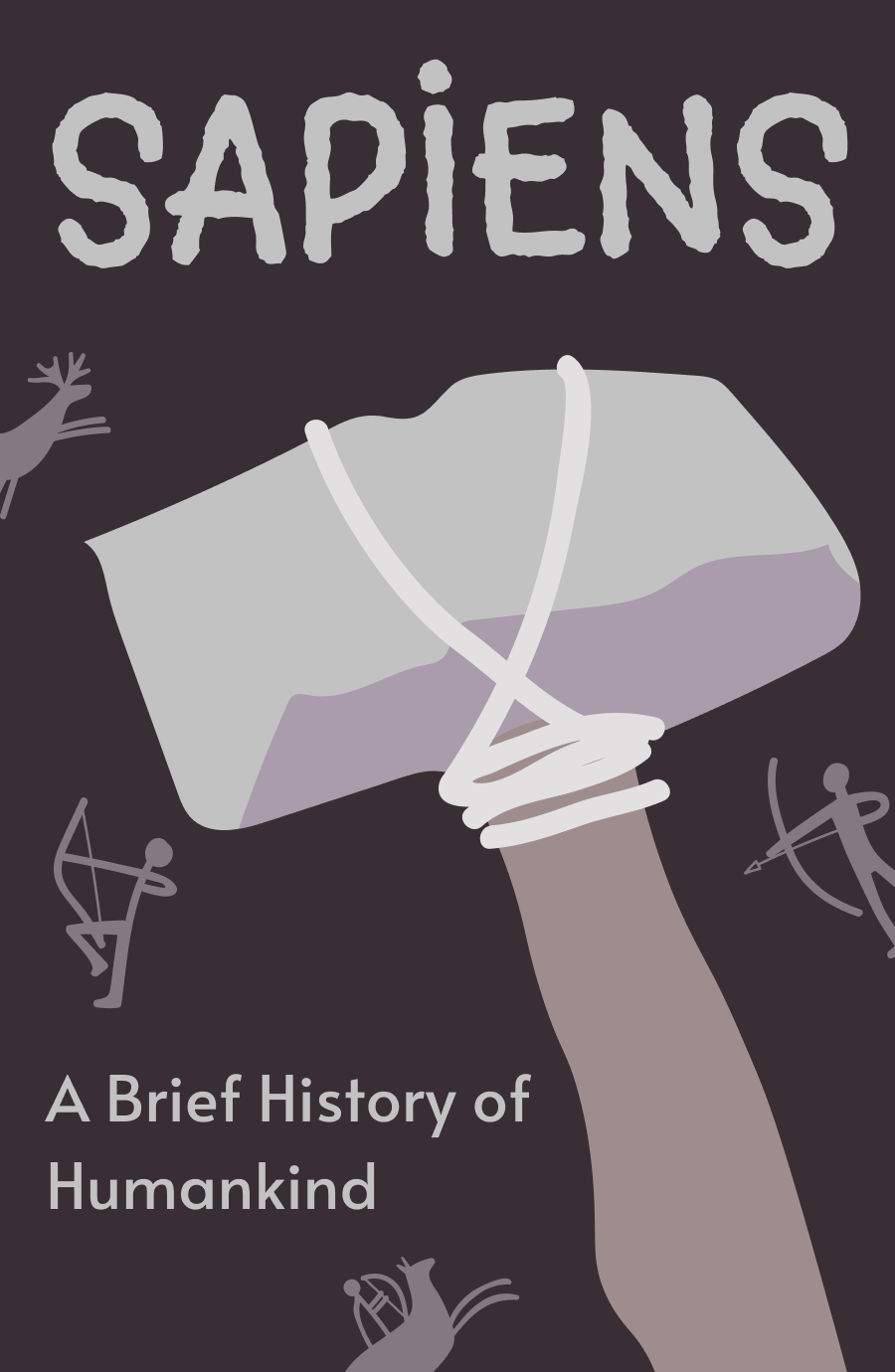Lesson 1. How Homo sapiens outlived all the early human species.
Earth today is dominated by one species – human beings. Where does our story begin?
Humans first appeared in East Africa around 2.5 million years ago. They developed out of a genus of apes called the Australopithecus. These early humans spread out from Africa, in search of more suitable environments. In this process, they evolved into further forms of the genus Homo, like Homo neanderthalensis.
Homo sapiens or the modern humans appeared not until 300,000 years ago. How did they come to dominate over, and eventually outlive, all the other species of humans?
It is commonly believed that the other species of humans, like the Neanderthals, weren’t as intelligent as Homo sapiens. But this is not the case. Neanderthals had a higher brain-to-body mass ratio than Homo sapiens. Additionally, they were stronger and more adapted to their environment.
In fact, Homo sapiens were much less suited to survive in the northern Asian regions, where they first encountered the Neanderthals. So how did they manage to prosper and spread, while the Neanderthals died out?
There are two theories that explain this.
The Interbreeding Theory states that Homo sapiens began to mate with other species of humans, especially the Neanderthals. The DNA of modern Europeans contains between 1 and 4 percent of Neanderthal DNA, as well as that of other earlier species of humans. According to the Replacement Theory, the evolutionary advantage of Homo sapiens was increased social intelligence. They could interact and discuss things between themselves. They developed hierarchies, and could even conspire, lie or cheat against the Neanderthals, and themselves. This ability to talk about the needs of the society, discuss important matters pertaining to the community, reach a consensus, made the Homo sapiens superior. In reality, probably both these factors contributed simultaneously to establishing the dominance of the Homo sapiens.Lesson 2. The Cognitive Revolution.
An important factor that gave Homo sapiensthe edge over other species, was their unique brain structure. Around 70,000 years ago, the brain of early humans underwent drastic advancement. This phenomenon is called the Cognitive Revolution This sudden improvement in brain power made humans outperform other species. They could form sophisticated societies, create better and efficient tools for hunting, and even form rudimentary trade networks.Homo sapiens could find food and other resources with greater ease, compared to other species. They could also adapt themselves to harsh environmental conditions.
<span
Unlock Knowledge with Wizdom App
Explore a world of insights and wisdom at your fingertips with the Wizdom app.
 1 Million+ App Download
1 Million+ App Download  4.9App Store Rating
4.9App Store Rating 5000+Summaries & Podcasts
5000+Summaries & Podcasts





